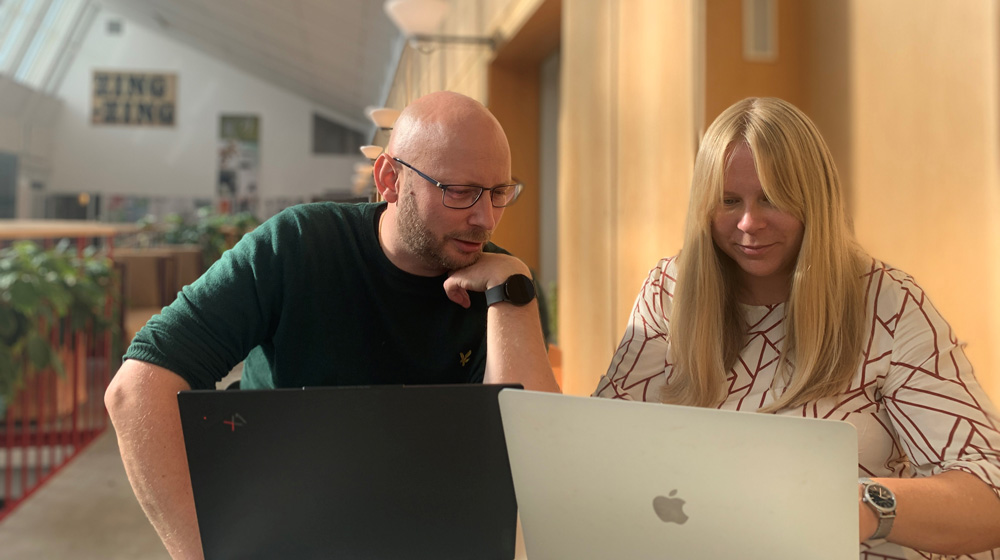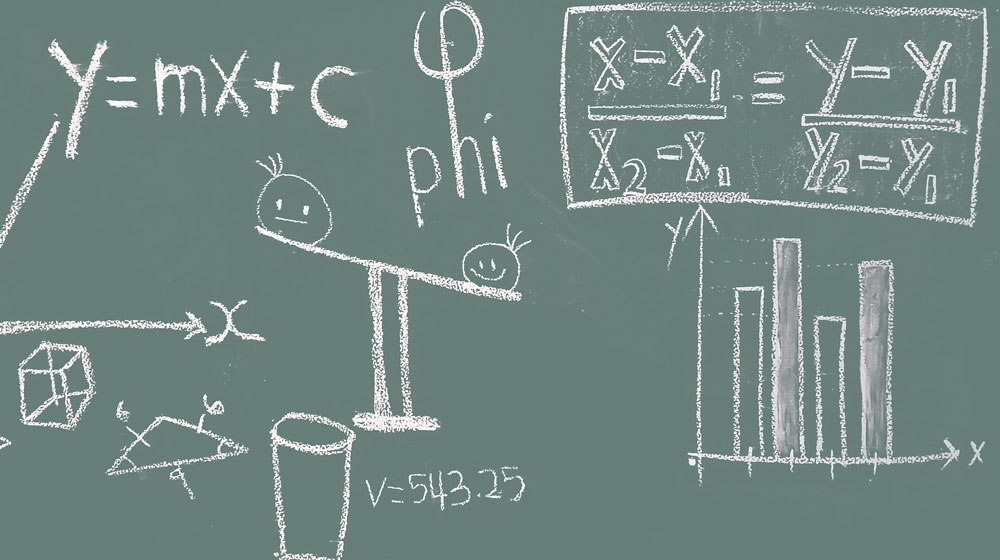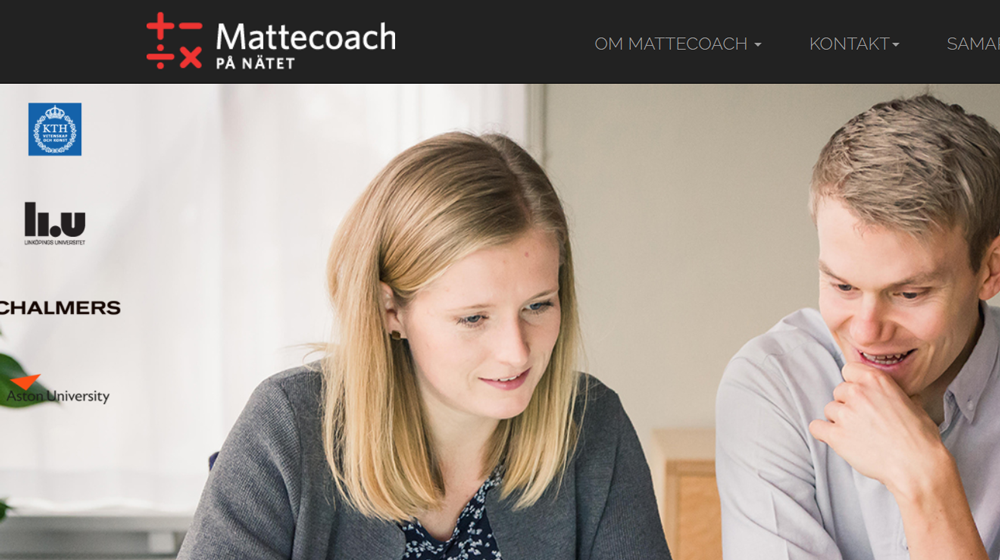The Department of Learning in Engineering Sciences
A thoughtful approach to lifelong learning is important for the future and for Sweden. The department has developed research into STEM (Science, Technology, Engineering and Mathematics) learning, global competence and digital learning in order to take a holistic approach to research in learning at all levels, from pre-school to higher education.

Organisation
The Department of Learning belongs to the School of Industrial Engineering and Management (ITM) and is organised in three divisions and one center:
Research areas
- Research on digital learning
- HEOS – Higher education organisational studies
- Engineering education in society
- Global competence
- Learning in technology and science education
- Transformative Research in Education for Sustainability
Social benefits - impact

8 million to “Mattecoach på nätet”
With 8 new million from Erling-Persson's foundation, Mattecoach på nätet (Mathcoach online) will expand geographically, and the number of math coaches will increase.
Read the article
Schools supported by KTH research
Three Stockholm municipalities have been given the chance to both contribute to and take part in research that KTH's teacher students do in their degree projects. The "KULF" project at the Department ...
Read the article
"Maths coach online" evens out the odds
"Maths coach online" (Mattecoach på nätet) offers young people aged 12-19 help with mathematics through online coaching by using text messages and a shared digital whiteboard. The coaches are teacher ...
Read the article


